South Central Health and Rehab Program

Overview
South Central Health and Rehab Program is an substance abuse treatment center that provides outpatient treatment for men and women from 18+ years of age. As part of their special programs, South Central Health and Rehab Program treats clients with hiv or aids, active duty military, and clients who have experienced trauma. To help patients achieve sobriety, South Central Health and Rehab Program provides intake assessments. Afterward, patients receive family counseling, individual psychotherapy, and cognitive behavioral therapy during treatment. South Central Health and Rehab Program is located in Los Angeles, California, providing treatment for people in Los Angeles County, accepting county or local government funds, medicaid, and state-financed health insurance plan other than medicaid.
South Central Health and Rehab Program at a Glance
Payment Options
- County or local government funds
- Medicaid
- State-financed health insurance plan other than Medicaid
- State mental health agency (or equivalent) funds
- Payment assistance (check with facility for details)
Assessments
- Comprehensive mental health assessment
- Comprehensive substance use assessment
Age Groups
- Adults
- Young adults
Operation
- Private for-profit organization
Highlights About South Central Health and Rehab Program
6.71/10
With an overall rating of 6.71/10, this facility has following balanced range of services. Alcohol Rehabilitation: 8.00/10, Drug Rehab and Detox: 6.00/10, Insurance and Payments: 6.00/10, Treatment Options: 6.85/10.-
Alcohol Rehabilitation 8.00
-
Treatment Options 6.85
-
Drug Rehab and Detox 6.00
-
Insurance and Payments 6.00
Treatment At South Central Health and Rehab Program
Treatment Conditions
- Mental health treatment
- Substance use treatment
- Co-occurring Disorders
Care Levels
- Outpatient
Treatment Modalities
- Family counseling
- Individual psychotherapy
- Cognitive Behavioral Therapy
- Group counseling
- Experiential Therapy
Ancillary Services
Languages
- Spanish
Special Programs
- Clients with HIV or AIDS
- Active duty military
- Clients who have experienced trauma
Get Help Now
Common Questions About South Central Health and Rehab Program
Contact Information
Other Facilities in Los Angeles
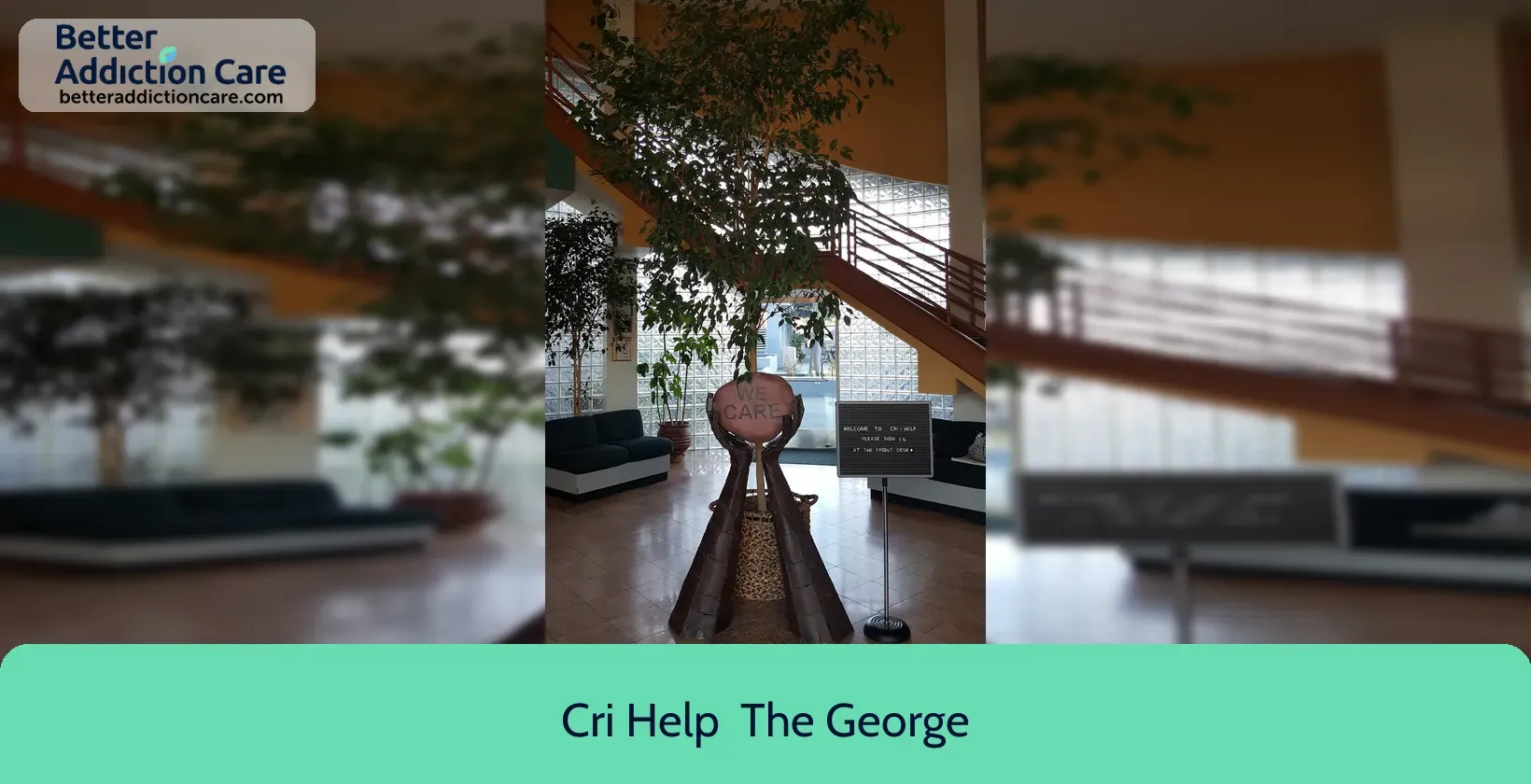
6.95

6.91
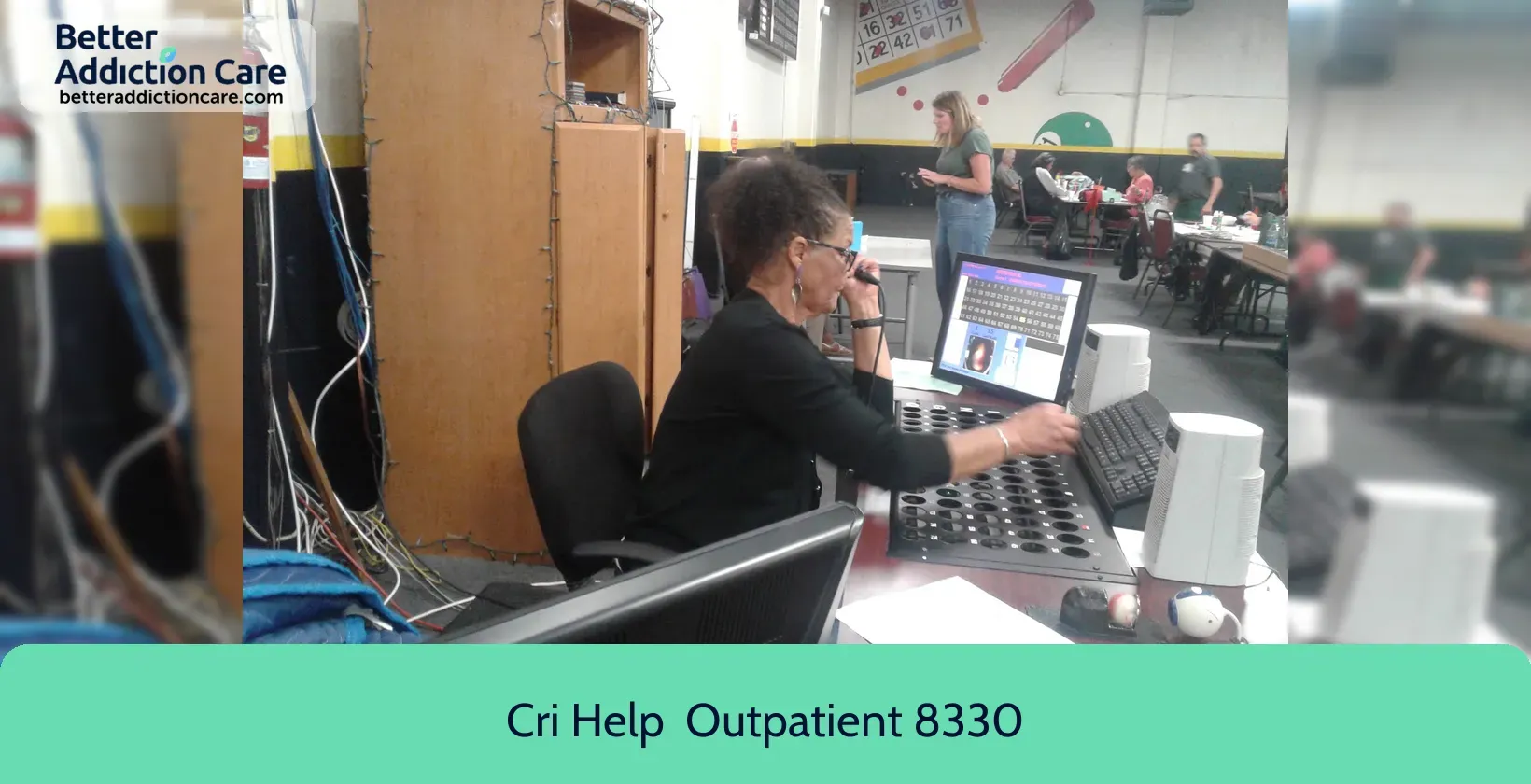
6.85
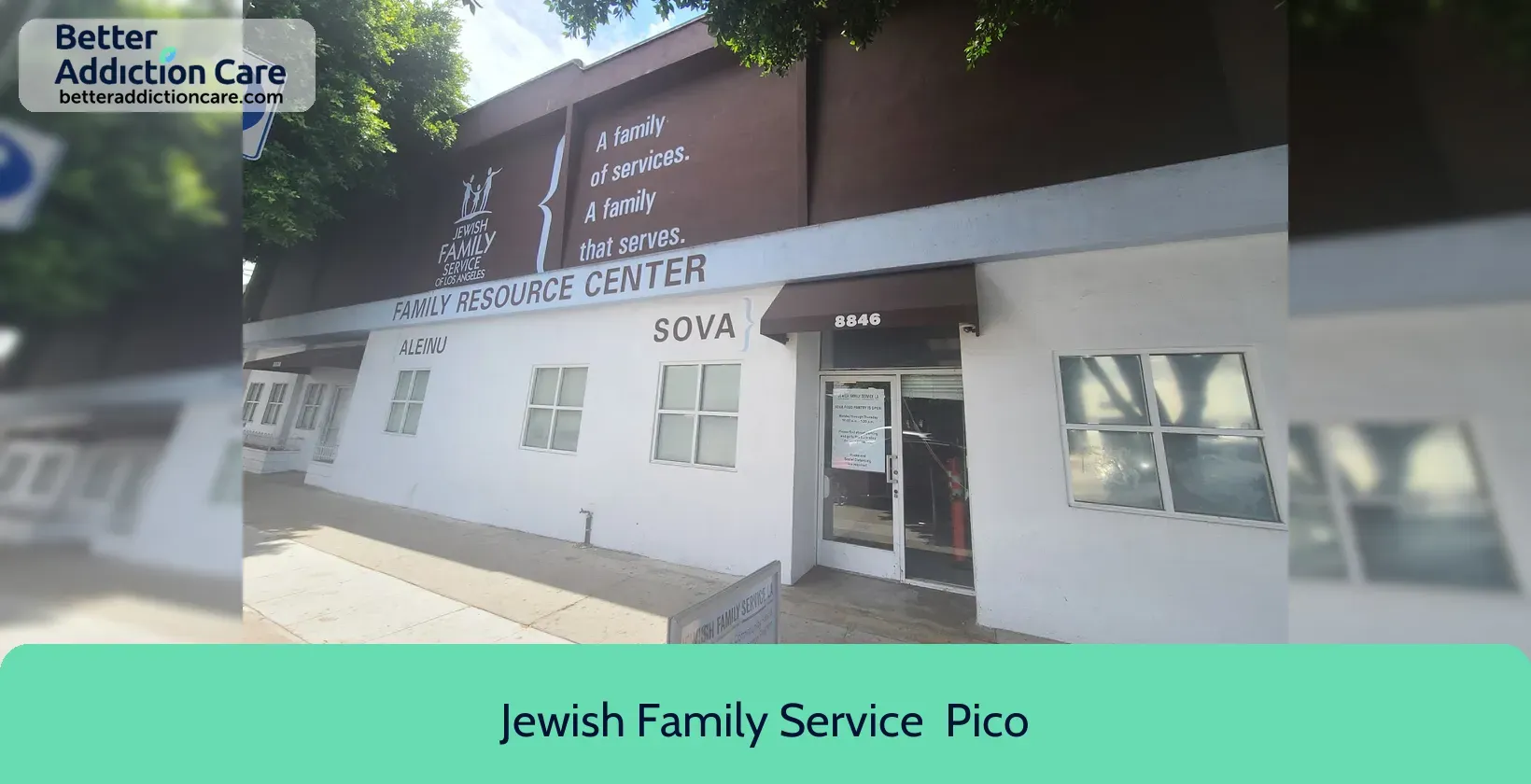
6.94
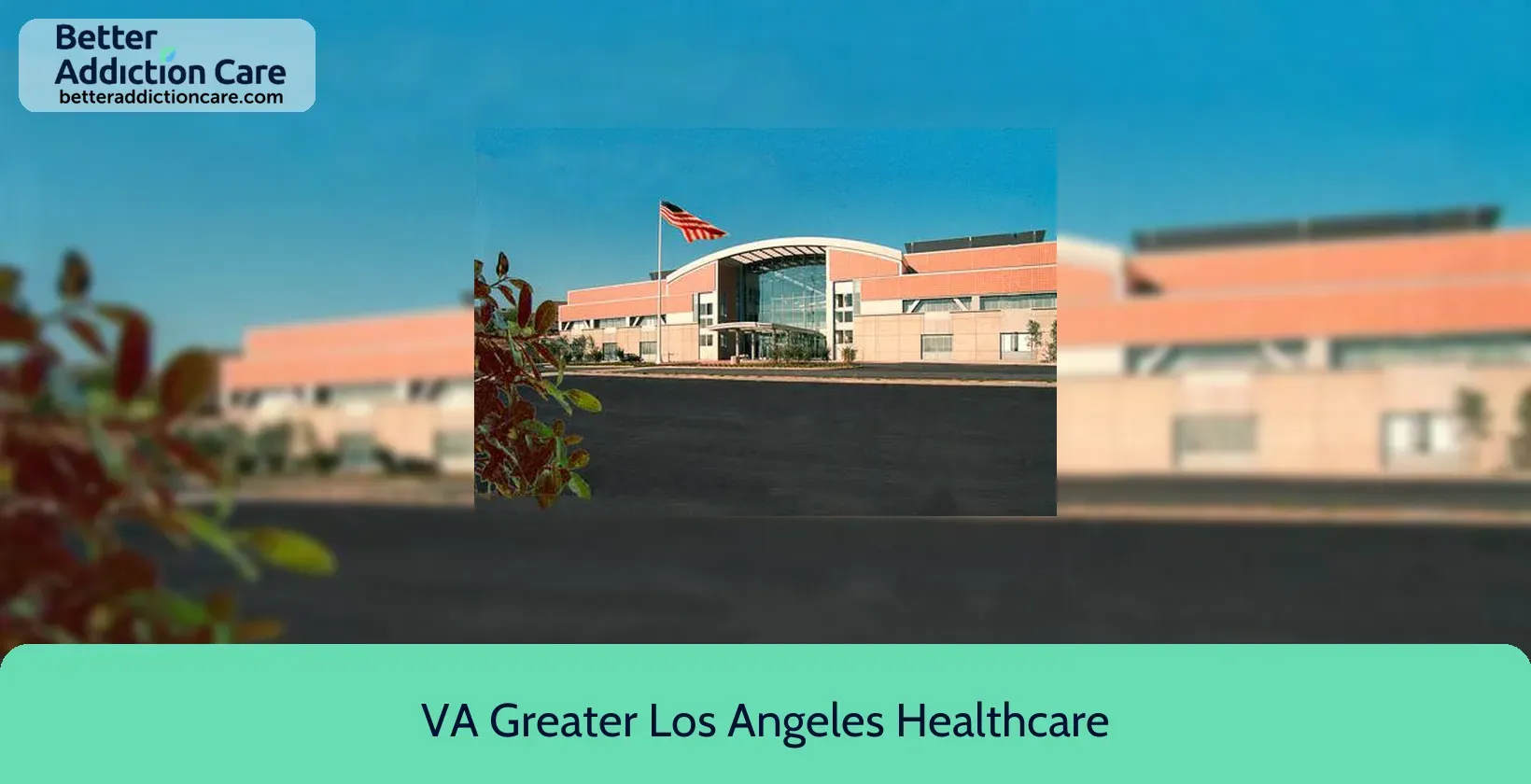
7.34
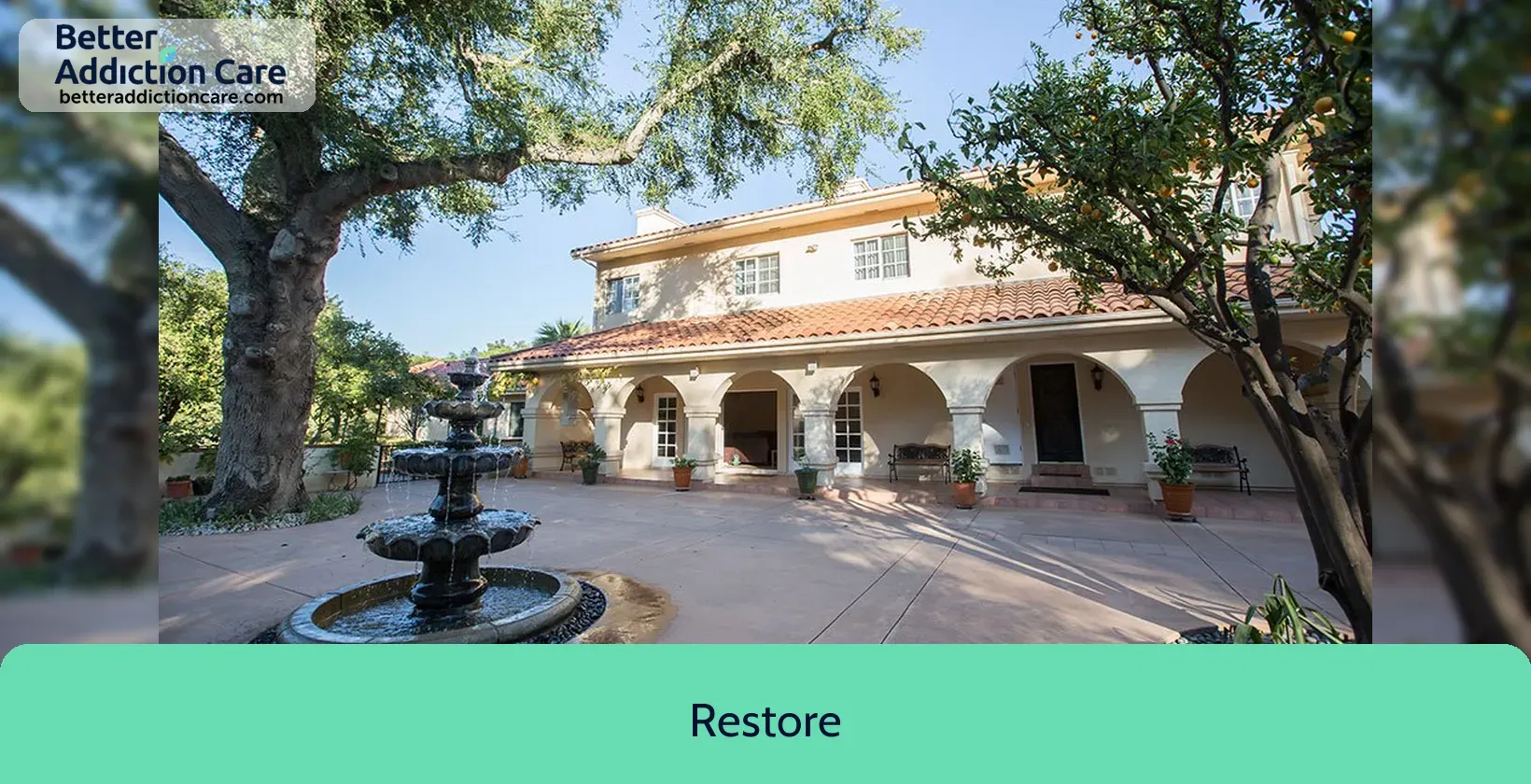
7.09
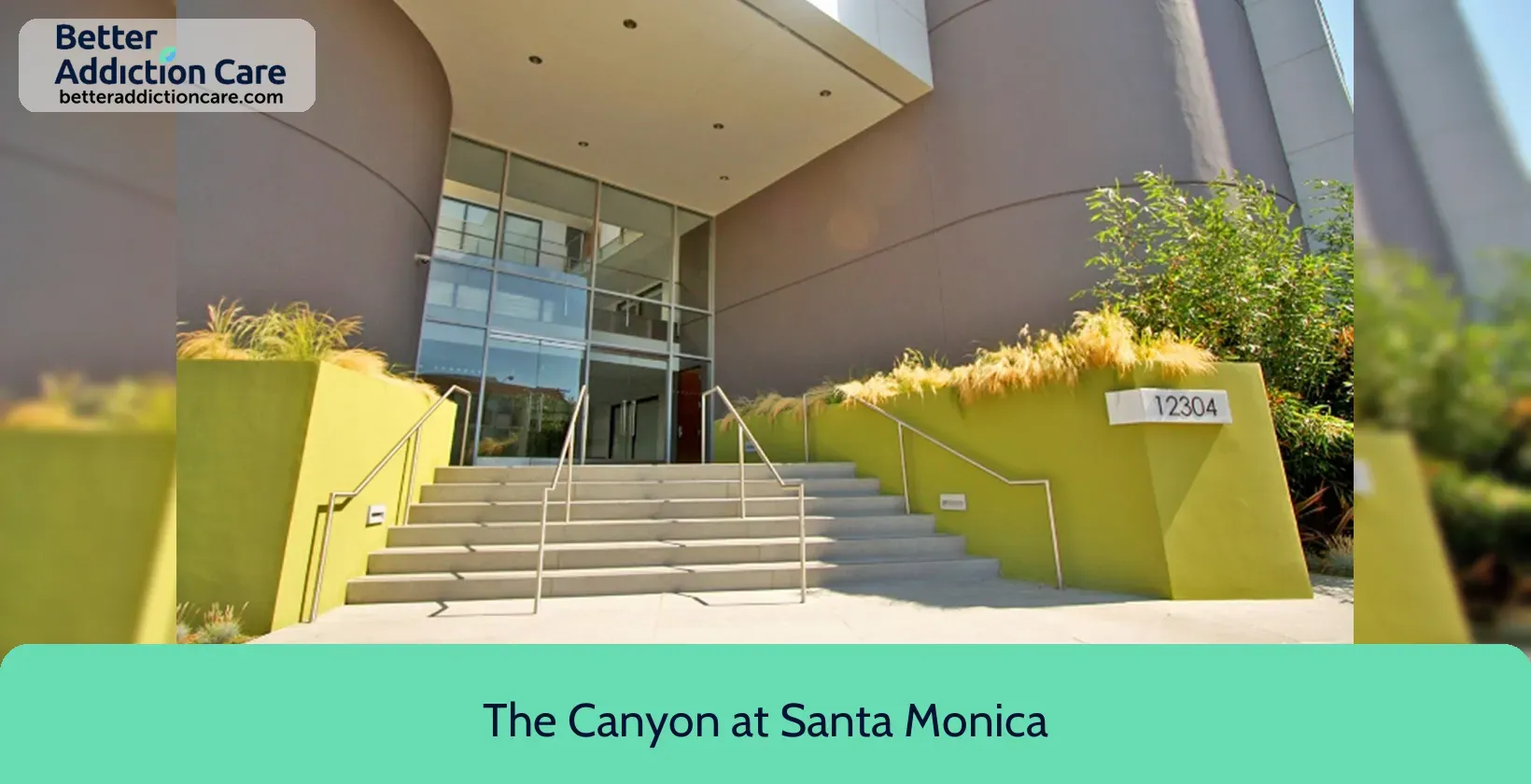
7.17
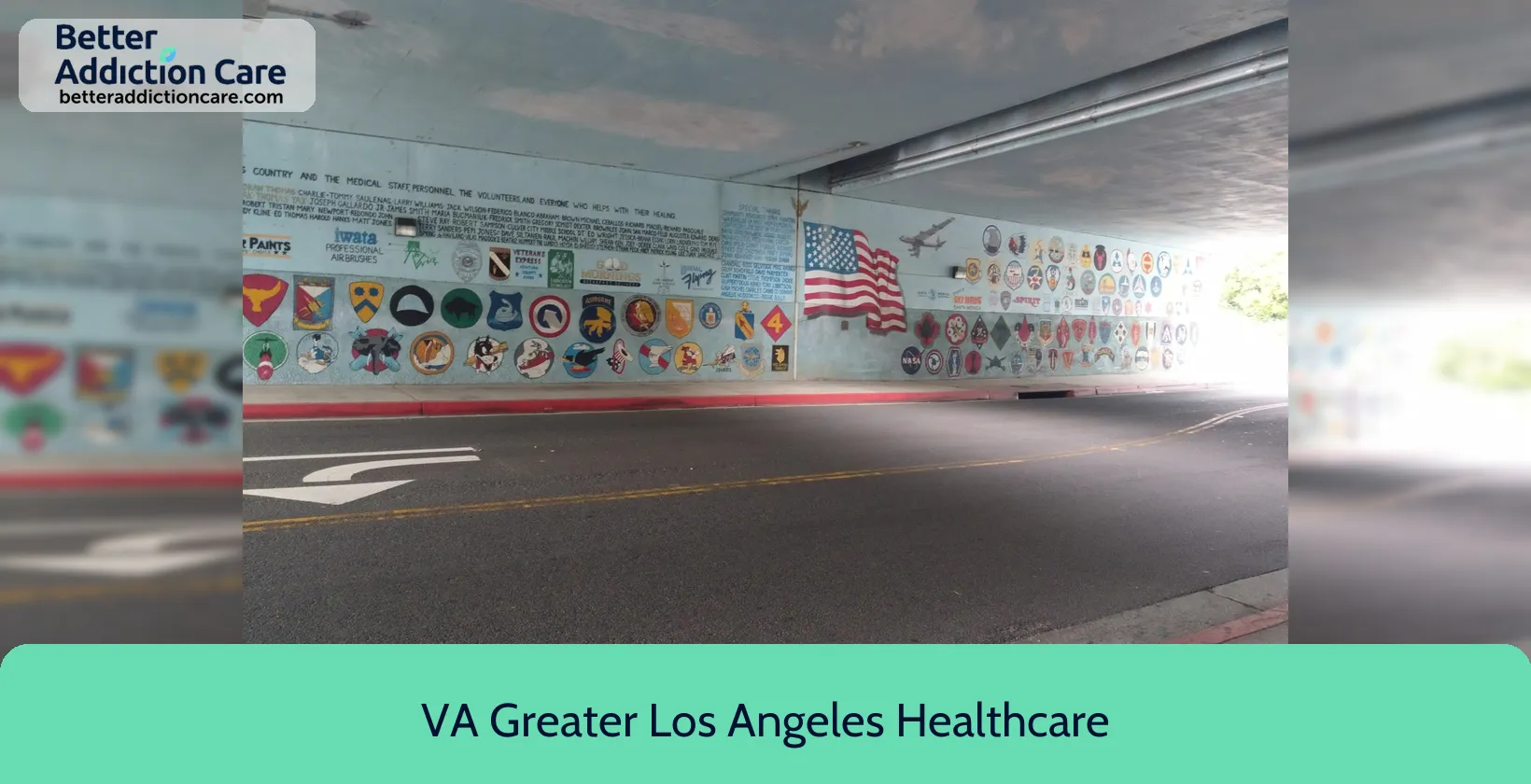
7.34
DISCLAIMER: The facility name, logo and brand are the property and registered trademarks of VA Greater Los Angeles Healthcare System - West Los Angeles VAMC, and are being used for identification and informational purposes only. Use of these names, logos and brands shall not imply endorsement. BetterAddictionCare.com is not affiliated with or sponsored by VA Greater Los Angeles Healthcare System - West Los Angeles VAMC.
